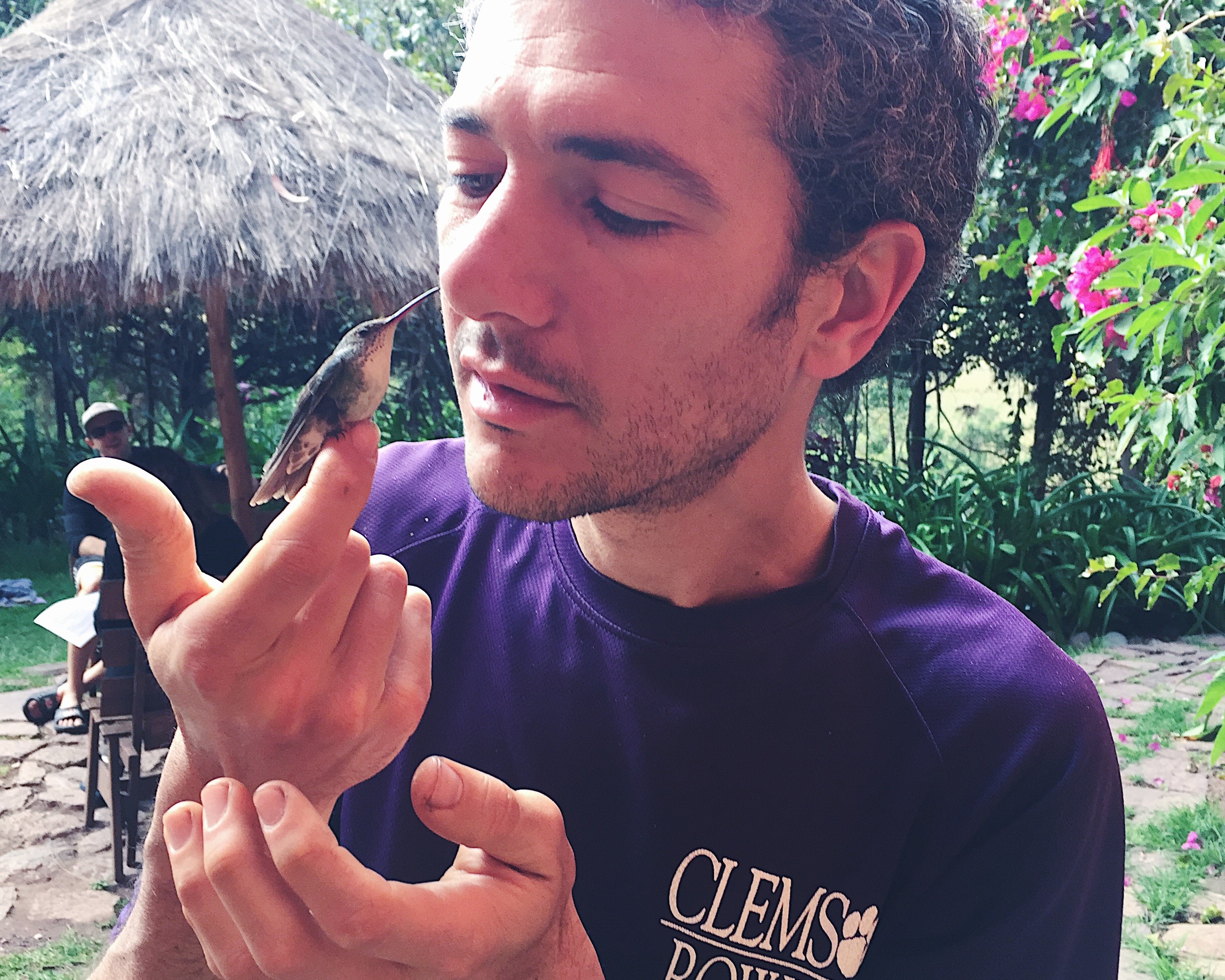
empath
noun
1. (chiefly in science fiction) a person with the paranormal ability to apprehend the mental or emotional state of another individual
2. a trendy spiritual misnomer
empathy
noun
the ability to understand and share the feelings of another
~
I can expect this article might bother a lot of people who self-identify as an “empath,” and I get it.
I can have some empathy for this, because I used to spend a lot of my time chalking an unfortunate scenario I was in up to being an “empath.”
But actually, until I realized that it wasn’t okay to mislabel myself as a trendy spirit animal, or a matcha flavor, I realized that repeating a phrase for the sake of being au courant may be peacefully laid to rest.
Before we open that can of caterpillars, notice the difference between being an empath and empathy. Anything? What stands out the most to me is the word “share” in the definition of empathy, as in, we can both experience what the other person might be feeling together. Perhaps not simultaneously, but together nonetheless.
Empathy is the picture of my friend with a hummingbird.
Being an empath is expecting the fluttery little creature to up and leave a giant surprise on our hand before hightailing it off into the Peruvian Andes, never to be seen or heard from again. This is done before we even get to know the bird, or understand the bird, or share space together with our feelings.
Now, can we all stop resonating with being an empath, and practice having empathy for others instead?
We are not responsible for taking on the feelings of anybody else. Period.
We are responsible for sharing and feeling our own, and acting accordingly.
I had a conversation recently that inspired me to write this little article and made me consider that we are really missing out on the discovery of our own depth, our own strong, capable worthiness—our originality—if we keep calling ourselves empaths, or *insert any other trendy tagline here.*
If we automatically accept a false diagnosis for our unique personality, we are not learning from one of life’s greatest lessons: every relationship, human, or animal, any encounter we have in this journey, is not always meant to work out the way we wanted or expected. It doesn’t mean there is anything wrong or special about us or them. Maybe it just means we are both animated beings with feelings.
I can understand the alternative—admitting that empaths really exist—and believing in it used to be tempting. It’s easy to succumb to the trap of re-posts about why empaths are just silent sufferers and poor little lambs, and how narcissists totally suck (I agree, really).
This isn’t a reason to go around self-flagellating our sensitivities in the hope of healing ourselves, or, worse, doing it in full view of everyone on the internet. There’s no reason for anyone to believe that they’re a target just because sensitive emotions are felt more strongly. I’d even go so far as to attest that the “empath-narc” battle does not empower survivors of abuse. In fact, it might actually belittle efforts to get past the past and move on.
Giving up on the empath shtick, when we accept that we are hurting, doesn’t mean we can’t make friends with people; it might just mean we need to make room for the right friends to find us.
This happens best when we give ourselves space and time to heal.
Meaningful, long-lasting relationships are not challenging or difficult (in the long-term), and if we are brave, we can get over a shoddy person if they made us feel like an “empath.” Besides, the actual, fact-based percentage of people among our population who are legitimately psychopaths is quite small (hooray!), which lends me to believe that some of us might not want to do some of our own work to think about why relationships can be a challenge for us.
If we think about this, it also makes the world a lot less terrifying. We can trust the majority of people not to stomp on our hearts and twist our feelings around into a masquerade. We just have to be more discerning about who we share ourselves with. It’s up to us, remember.
It’s also okay to disagree, to debate about things in our lives, because it means we have opinions that are different. We can still accept each other, despite these differences.
What is never acceptable, and what I think the “empath” battle is playing into, is when we place ourselves in a situation where our feelings are shut down or our sense of self-worth is diminished by an ideal.
If we had to end a chapter, so what? The stars didn’t align. Walking away is okay.
Think about it as a beautiful new start with a new moon. In 2020, what could be more perfect than that?
In fact, I’d gather that if nobody has had a brush with a less-than-compelling connection, there would be no way of knowing what to truly value in ourselves and our relationships.

 Share on bsky
Share on bsky


Read 11 comments and reply